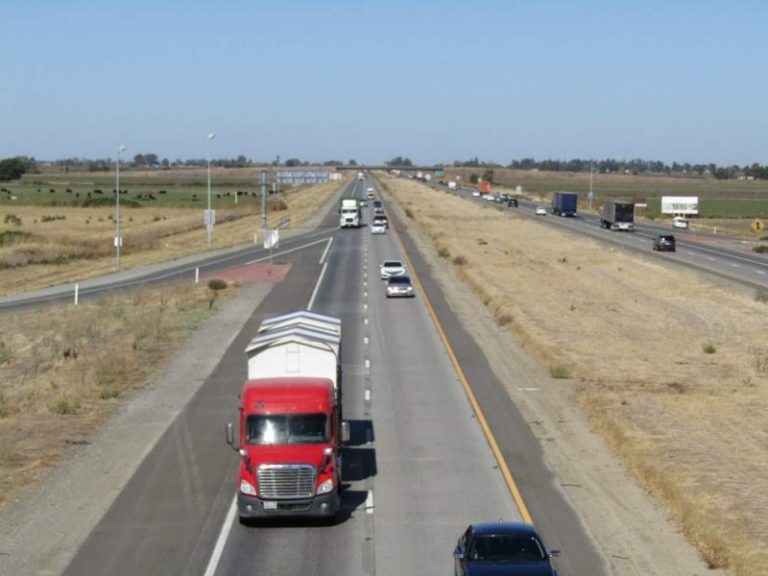Your Claim in a Shared Fault Collision
In Arizona, you may share fault or be cited in an accident, even if you’ve sustained injuries. For example, if you’re speeding when a distracted or impaired driver collides with your vehicle, that driver’s insurance company could allege partial fault. Though the distracted driver’s actions generally caused the collision, your speeding may have been a factor in the severity of the crash. Furthermore, the at-fault driver’s insurance company may claim that you could have prevented the wreck entirely by observing the posted speed limit and driving defensively.
This concept is known as comparative negligence, and insurance companies use it to assign fault to each driver involved in an accident.
However, if you sustained injuries as an accident victim, you should still seek your fair compensation. After all, it’s vital to safeguard your legal rights and cover the costs associated with your wreck, even if you’re assigned a percentage of fault.
If you’ve sustained injuries in a car accident in Arizona, contact the Phoenix car accident lawyers at ELG. With hundreds of crashes occurring each day in Arizona, it’s clear that every wreck can’t be prevented. And when you’ve suffered as a result of an accident through no fault or very little fault of your own, our team of auto accident lawyers is here to help.
Our skilled lawyers will help you safeguard your legal rights and negotiate with insurance companies after your crash. Challenging your at-fault percentage is important to maximize your claim, and the attorneys at ELG have years of experience fighting for victims to secure the highest compensation possible.
Fight Your Citation
A law enforcement officer may be called to the accident scene in order to determine fault. If the officer believes one or both parties committed a traffic violation that contributed to the accident, they will issue a citation. If you receive a citation and you don’t agree with the officer’s version of events, fight the ticket.
Once you admit guilt for a ticket, the other driver’s insurance company will use it against you in a settlement. But if you plead not guilty to the violation in traffic court or at your local magistrate’s office, the state has to prove the charges against you at a hearing. At that point, you can contact a lawyer for representation.
In other cases, you can attend a defensive driving class to have the citation reduced or dismissed. And occasionally, your county’s prosecutor may decide that the traffic case is not worth the time or cost and dismiss your ticket outright. Usually, drivers with a clean record are the most likely candidates for ticket reduction or dismissal.
Still, consulting a lawyer is paramount. A lawyer may recommend disputing the facts with law enforcement so that police can conduct further investigation. Speaking with a lawyer also creates a record of disagreement. Plus, hiring an experienced attorney ensures the best possible odds of reducing or dismissing your ticket successfully. 
Keep All Records
On that note, keep all records of your traffic dispute. As you fight insurance companies and their statements about your part in the crash, take note of all correspondence. If the other at-fault driver’s insurance company assigns a percentage of fault to you, immediately disagree and send a letter. Your dispute letter should include the information that you’re disputing, reasons why you believe the insurance company is incorrect, and any other details that support your version of the accident events.
Typically, insurance companies will have procedures to handle these disputes. They may ask you to send recorded statements about your version of the accident events.
Before you agree to a recorded statement, speak to your attorney. It’s essential to retain a lawyer and get their legal advice prior to any in-depth conversation with an insurance company. Until you consult an attorney, discuss only the facts of the crash and refrain from admitting guilt or fault. When and if you speak with the at-fault driver or their insurance company, don’t apologize for your role in the accident. Keep all correspondence short, concise, and restricted to factual details. An insurance company could use recorded statements and any other communication you’ve provided against you in a hearing.
Act Fact in Filing
Finally, accident victims must take quick action. Remember to gather witness statements and document everything you can at the crash scene. If you were taken to the hospital for immediate treatment, ask your passengers to collect the information.
The main components of the accident scene include the positions of the vehicles, vehicle damage, roadway debris, and traffic signs. If you braked to avoid the collision, photograph any skid marks on the roadway. Take photos of your surroundings and jot down everything you recall about the accident events. It’s easiest to document thorough details of the crash while they’re still fresh in your mind. Record your injuries, retain receipts of your treatment, and keep track of doctor’s notes after the wreck.
Most importantly, report the crash to law enforcement and seek medical assistance for your injuries. Once you’ve secured all the information you need from the accident scene, file a claim with the at-fault party’s insurance company and contact your lawyer within Arizona’s statute of limitations.
Auto Accident Lawyer in Phoenix
The best way to maximize your success in insurance disputes is to consult your attorney. Meet with your lawyer as soon as possible after your accident to organize the facts of your case. A skilled lawyer will also act as a liaison to other drivers’ insurance companies to strengthen your case.
Contact our Phoenix injury lawyers at ELG today at (623) 321-0566 for a free consultation. We’re here to help make your recovery and claim process after a crash smooth and stress-free.
Law News Feed
All NewsWho Is Liable for Damages After a Truck Accident?
According to information from the National Highway Traffic Safety Association, more than 2,500 truck accidents occur each year in Arizona. It goes without sayin…
Common Injuries After a Motorcycle Accident
Motorcycle accidents kill or severely injure individuals more frequently than any other type of crash, resulting in immense amounts of suffering and financial d…

